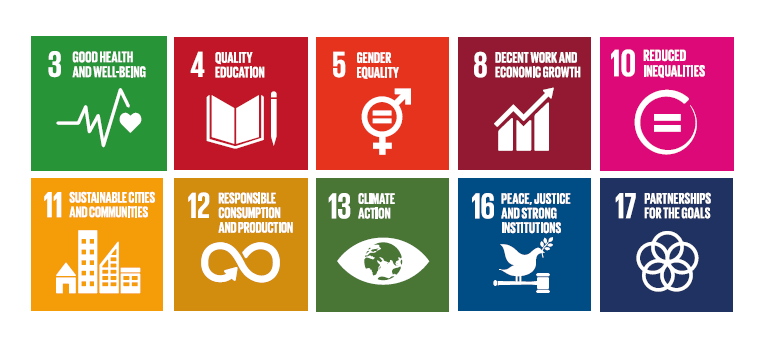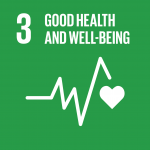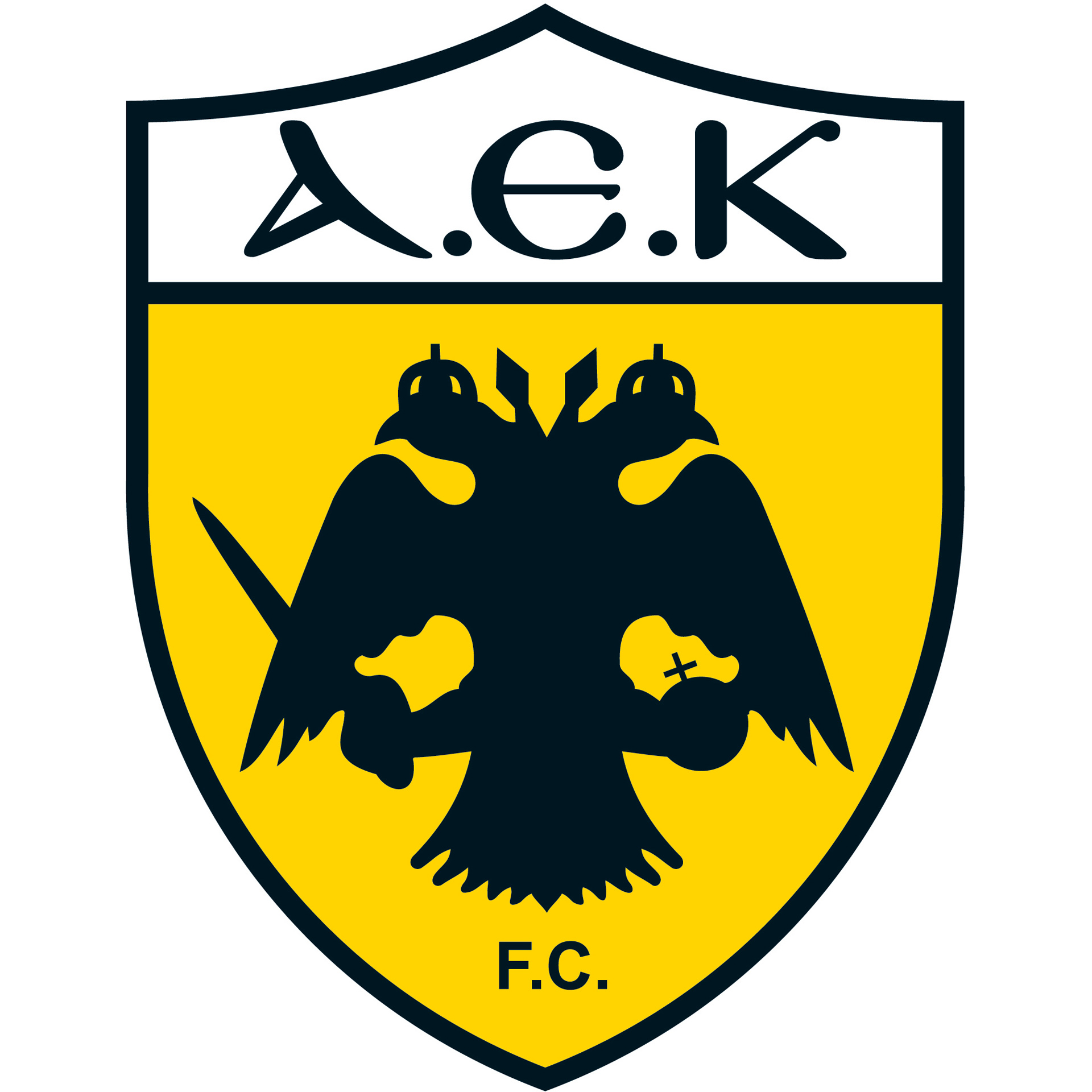Football and the Sustainable Development Goals (SDGs)
To celebrate the 7th anniversary of the Sustainable Development Goals (SDGs), EFDN presents a series of articles that describe the contribution of football to the SDGs. The Sustainable Development Goals are a universal call to action to end poverty, protect the planet and ensure that all people enjoy peace and prosperity. These 17 Goals build on the successes of the Millennium Development Goals, while including new areas such as climate change, economic inequality, innovation, sustainable consumption, peace and justice, among other priorities. EFDN and our members contribute through their programmes to at least 10 out of the 17 goals.
The Background
The Sustainable Development Goals (SDGs) were born at the United Nations Conference on Sustainable Development in Rio de Janeiro in 2012. The objective was to produce a set of universal goals that meet the urgent environmental, political and economic challenges facing our world. The SDGs replace the Millennium Development Goals (MDGs), which started a global effort in 2000 to tackle the indignity of poverty. The MDGs established measurable, universally-agreed objectives for tackling extreme poverty and hunger, preventing deadly diseases, and expanding primary education to all children, among other development priorities.
The SDGs are unique in that they cover issues that affect us all. They reaffirm our international commitment to end poverty, permanently, everywhere. They are ambitious in making sure no one is left behind. More importantly, they involve us all to build a more sustainable, safer, more prosperous planet for all humanity. The aim of the UN is to achieve these goals by 2030.

Football and the SDGs
Sport, including football has proven to be a cost-effective and flexible tool in promoting peace and development objectives. Our work shows us on a daily basis that football has the power to change lives. We are convinced that football is a powerful tool with the potential to tackle challenges entailed in at least 10 of the 17 SDG’s. Together with its members and partners, EFDN is aiming at working towards new milestones in CSR in football.

The foundations of our partner clubs help in achieving the goals, below are a few examples of programmes that we currently deliver together with our members.
 Active Fans
Active Fans
The Active Fans programme aims to develop a new European standard and methodology that uses football as a tool to reach men and women from 35 years and older who would like to get physically active again, make lifestyle changes and improve their diets. Within the Active Fans programme, the participants receive the opportunity to learn about nutrition, get physically active and start to feel the benefits of weight loss and increased energy.
![]()
Scoring for Health
The Scoring for Health programme encourages children from the ages of 7 to 13, and their parents, to adopt a healthy lifestyle and make them aware of the value of eating healthily and being active. The participants are provided 2 periods of 20 weeks of various activities Participants take part in interactive classes, learning sessions and workshops on a weekly basis on topics such as nutrition, cooking, physical activity and football sessions.
![]()
EFDN Youth Exchanges
EFDN Youth Exchanges allow EFDN members to provide groups of young people with the opportunity to meet people from different countries, live together and work on shared projects for short periods. A lot of the participants never would have the chance to travel to other countries due to their living circumstances.
EFDN and the SDGs:
EFDN shares on its social media channels and the website articles describing each of the 10 goals and football for good’s contribution. The articles contain a description of every goal, programmes that clubs do which are in relation to the sustainable development goal and also interesting resources.





